WARNING: FDA RECOMMENDS REMOVING POPULAR DECONGESTANT FROM MARKET
If you or anyone in your family has used, uses or plans to use such over the counter (OTC) remedies for the flu or common cold as Theraflu, Robitussin, NyQuil, DayQuil, Mucinex, Sudafed or even some versions of Tylenol or Advil, you may want to read this newsletter very carefully.
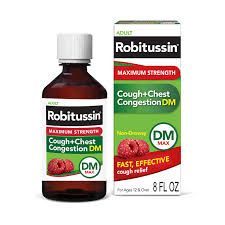
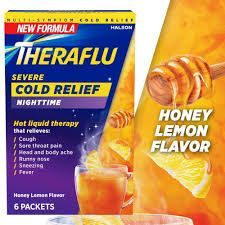
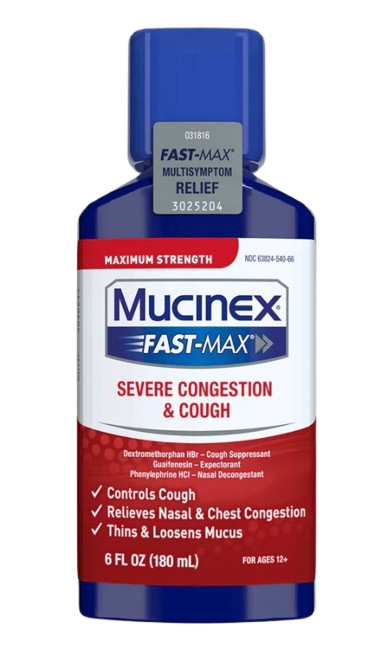
The Food and Drug Administration (FDA) has just announced that it is recommending that a key ingredient found in the above cough, cold and flu products, oral phenylephrine (PE), be removed after the agency's scientists concluded that the oral version of the drug is ineffective as a nasal decongestant. The FDA's proposal comes more than a year after the agency's outside advisers voted against continued use of the ingredient, oral (not nasal spray) phenylephrine, citing concerns with the initial data used to support its approval and new data questioning its effectiveness.
"Based on our review of available data, and consistent with the advice of the advisory committee, we are taking this next step in the process to propose removing oral phenylephrine because it is not effective as a nasal decongestant," Dr. Patrizia Cavazzoni, director of the FDA's Center for Drug Evaluation and Research, said in a news release. It's important to note that this isn't the final order. The FDA, with its recommendation, has opened up a 6-month period during which the public and any interested parties can submit comments to the FDA. After that period (which ends on May 7, 2025), the FDA will release it's final decision in the form of an order as to whether or not it is pulling products with the ingredient from shelves.
In a preemptive move, CVS stopped selling products with phenylephrine last year after an FDA advisory committee declared that it was ineffective. Other major pharmacies, including Walgreens and Rite Aid, still stock products containing the drug for now.
Although phenylephrine received FDA approval for over-the-counter use in the 1970s, its popularity surged in 2005 after legislation moved products that use a similar decongestant, pseudoephedrine – which, in large quantities, can also be used to make methamphetamine – behind pharmacy counters.
"The FDA would provide manufacturers with appropriate time to either reformulate drugs containing oral phenylephrine or remove such drugs from the market," the agency said in its release.
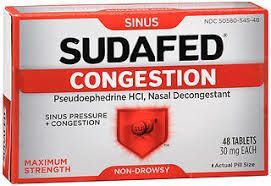
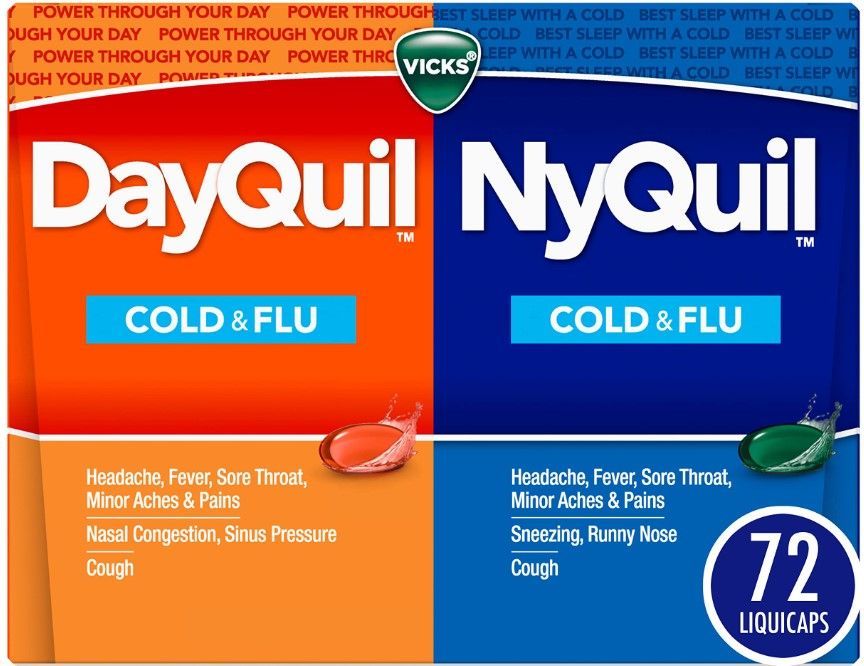
The Consumer Healthcare Products Association said Thursday it was "disappointed" in the FDA's proposal. The industry trade group renewed its claim that no changes "are warranted" for oral phenylephrine and cited previous FDA and advisory committee decisions that did not call for pulling the ingredient.
"PE should remain an available option for consumers, because Americans deserve the option to choose the safe and effective OTC medicines they prefer and rely on," Scott Melville, CHPA's president and CEO, said in a statement.
The FDA's proposal caps a push by pharmacy professors at the University of Florida who have urged the agency for years to pull the product, pointing to new data showing phenylephrine did no better than a placebo when swallowed. The latest data shows that only a tiny fraction of phenylephrine is absorbed into the body when digested from a pill or syrup containing phenylephrine. This is different from other formulations like the inhaled nasal spray versions of the drug, where larger percentages of the drug can make it into the bloodstream. The researchers also have questioned the initial studies that were run to prove the drug's effectiveness, though they acknowledge that it is safe at currently approved levels.
"Let me be clear, oral phenylephrine is not a safety risk," said Professor Hatton from the University of Florida, "It just doesn't work."
In a scientific review published very recently by the FDA, the agency's scientists concluded that past studies estimating that higher percentages of the drug could be absorbed during digestion were "an overestimate and based on outdated technology." Less than 1% of the drug is absorbed into the bloodstream after being swallowed, they estimated. Far higher doses could "be needed to achieve a clinically meaningful outcome which would raise significant questions about safety."
"Furthermore, there are no clinical data demonstrating that oral PE is effective as a nasal decongestant at any dosage," the FDA's scientists wrote.

As the Warnings Doctor (who has provided consulting advice to the FDA in the past), I would recommend that consumers looking for some relief from their cold or flu symptoms no longer purchase any product that contains PE. For true relief, I recommend several servings of my (or your) grandmother's chicken soup.














